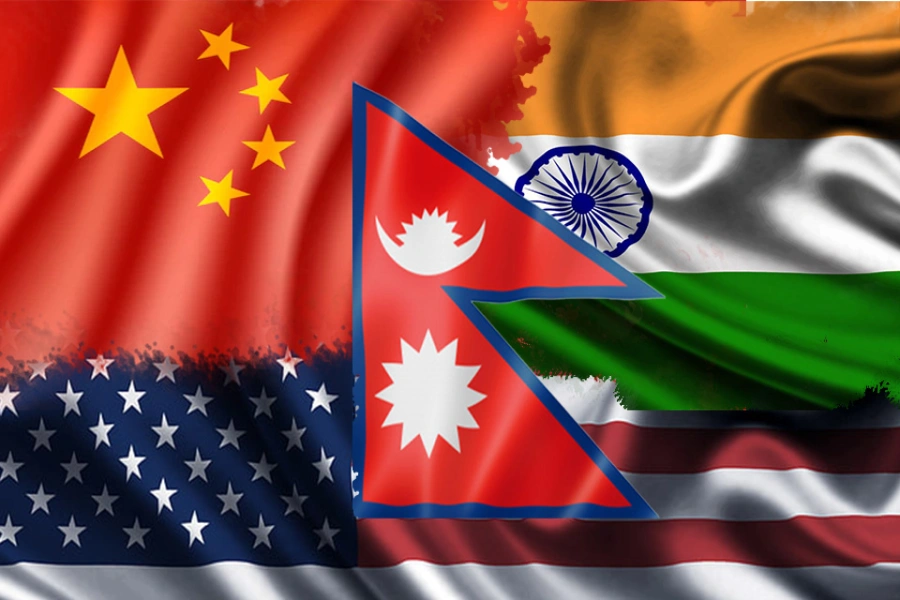KATHMANDU, Sept 28: The National Conclave on Water Supply, Sanitation and Hygiene (WASH) concluded on Wednesday, issuing a 20-point declaration with commitments to achieving the national goals of sustainable development. The Declaration aims to promote the principles of sustainability, inclusion, equity and global access in WASH services.
The two-day event hosted by the Ministry of Water Supplies highlighted the significant contributions of WASH services to public health, environmental sustainability, social development and so on. The Declaration insists on the importance of coordination, collaboration, and regional partnerships in strengthening the capacity for a wider, equitable, and sustainable WASH service system.
It has called for incorporating the recommendations made during the Conclave in sectoral development endeavors, development strategies and periodic plans in the relevant sector ahead.
Two-day Huawei Digital Nepal Conclave 2022

Underlining the need for comprehensive planning, enhanced regulation of WASH services at all levels, and capacity building of service providers, the Declaration highlights the importance of improved intergovernmental coordination among the three-tier government to ensure better services.
It stresses the need of gender equality and social inclusion in WASH sector, calling for implementing measures to conserve water resources through integrated water resource management, groundwater recharge, and early warning systems for flood and drought preparedness in urban and rural areas.
The Declaration recommends preparing a sustainable economic draft and WASH financial strategies to advance towards the Sustainable Development Goals and ensure the security of investments in the WASH sector. It proposes aligning WASH investments with inclusive, green, and flexible development principles and implementing WASH programmes capable of addressing climate change and disaster-related issues.
In addition, advocating for the improvement of the professional rights and security of frontline sanitation workers, the event stressed the need for ensuring inter-sectorial cooperation among the three-tier government in the WASH sector, with proper utilization of communication systems.
The event was attended by over 200 people who include the representatives from the three-tier government, from the private and non-government sectors, civil society people, experts and the development partners.





































